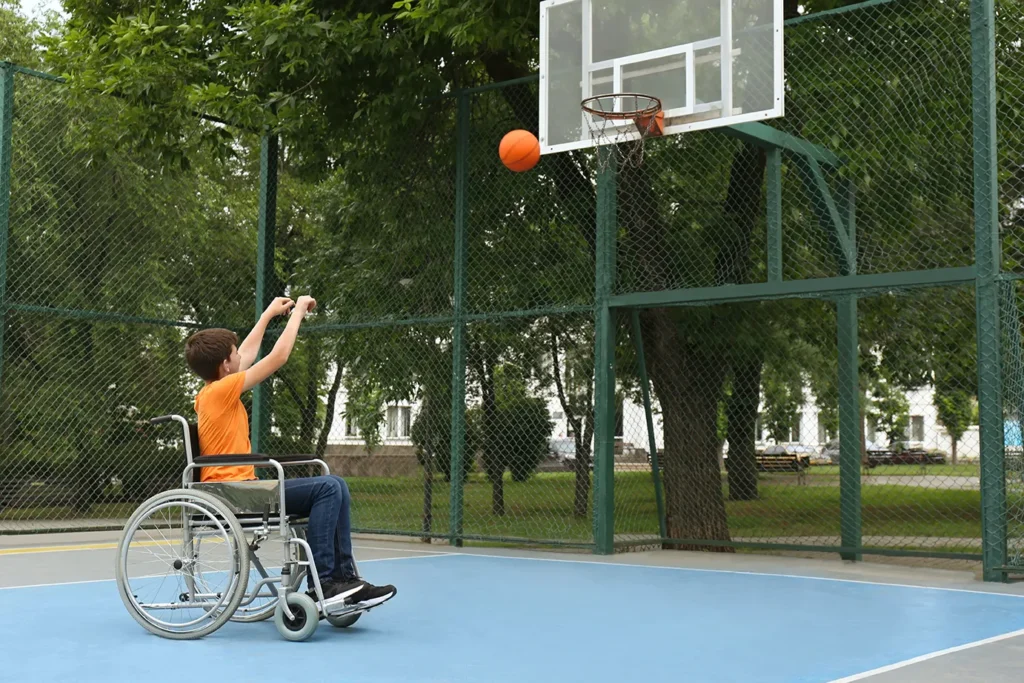What Is Muscular Dystrophy?
Muscular dystrophy (MD) is a genetic disease where the muscles weaken over time. It is a progressive condition leading to weakness and loss of coordination. There are over 30 different types of muscular dystrophy. Duchenne and Becker Muscular dystrophy is the most common type. Muscular dystrophy occurs almost exclusively in males.
Symptoms Of Duchenne Muscular Dystrophy (DMD)
It starts by affecting the muscles of the hips and pelvis. The weakness usually begins after the child walks (ages 2-5). These most common presenting signs are large calves. Other symptoms include:
- Late or abnormal walking
- Clumsiness
- Difficulty with quick movements such as running or jumping
- Problems getting up to stand from the floor
Who Does Muscular Dystrophy Impact?
Children with Duchenne muscular dystrophy usually lose the ability to walk and require wheelchairs by their teenage years. Many of these patients also develop weak muscles of the respiratory system and heart as they grow older.
Becker Muscular Dystrophy is a milder form of muscular dystrophy that presents later in adolescence. These patients may require a wheelchair when they are in their 30s.
Diagnosing Muscular Dystrophy
Your doctor will perform a complete medical and family history. He or she will perform a careful and thorough physical examination, which includes watching your child walk. The doctor may also order several tests, including lab studies, genetic testing, EMG (nerve testing), x-rays, and possibly muscle biopsy.
Is There A Cure?
At this time there is no cure for children with muscular dystrophy. There are, however, interventions that can be done to limit the effects of the disease. Physical therapy can help to keep muscles strong and joints mobile. Many patients with muscular dystrophy do eventually require assistance with ambulation such as canes, walkers, or wheelchairs.
Surgery For Muscular Dystrophy
Some patients with muscular dystrophy can benefit from surgery. This is performed at the discretion of the orthopedic surgeon and should be done sparingly. Surgical interventions for muscular dystrophy include the release of tight muscles or spinal fusion to correct spine deformity and improve posture.
When To See The Pediatric Orthopedic Center
The Pediatric Orthopedic Center is the premier NJ hub for pediatric orthopedics, with three offices throughout northern NJ and two pediatric-trained foot and ankle specialists. Having been the leader in pediatric orthopedics in this area for 30 years, we are the largest and most award-winning pediatric orthopedic practice in the tri-state area.
Please click here to schedule an appointment!



